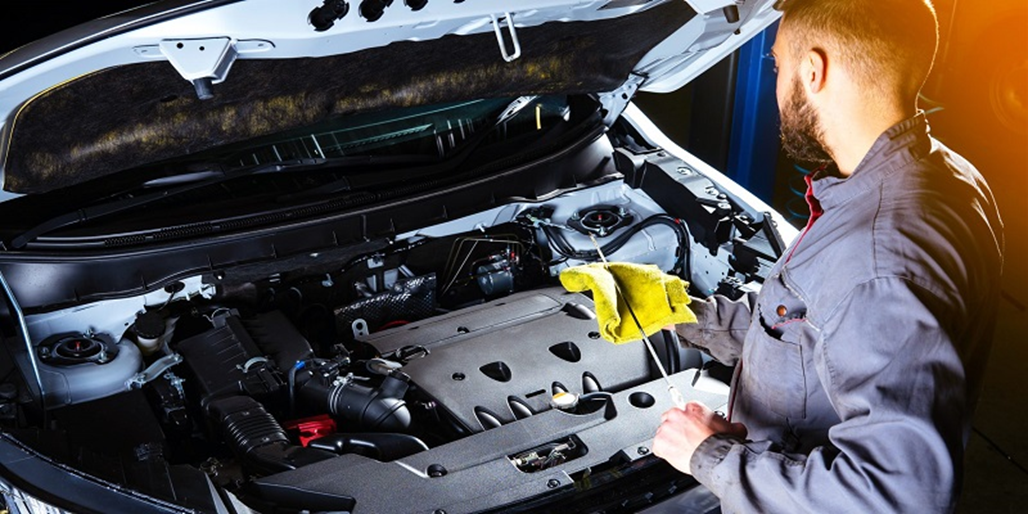
Honda vehicles are known for their reliability and longevity, but like any other car, they can experience common repair issues. In this blog post, we will discuss some of the most frequent problems that Honda owners encounter, along with troubleshooting tips and solutions from Arrowwood Auto Honda Mechanic experts in San Antonio, TX.
- Engine Misfire:
One of the most common issues Honda owners face is engine misfires. Engine misfires can occur due to various factors, including worn spark plugs, faulty ignition coils, or a clogged fuel injector. If you notice your engine running rough, hesitating, or experiencing a loss of power, it may be due to an engine misfire.
Troubleshooting Tip: Check the spark plugs and ignition coils for signs of wear or damage. You can also use a diagnostic tool to identify which cylinder is misfiring.
Solution: Replace any worn-out spark plugs or faulty ignition coils to resolve the misfire issue. A Regular Honda repair shop near you can help prevent future misfires by changing spark plugs at recommended intervals.
- Transmission Problems:
Another common issue in Honda vehicles is transmission problems, such as slipping gears, delayed shifting, or strange noises coming from the transmission. Low transmission fluid levels, worn-out clutch plates, or a failing solenoid can cause these issues.
Troubleshooting Tip: Check the transmission fluid level and condition regularly. If you notice any unusual noises or slipping gears, have your transmission inspected by a professional mechanic.
Solution: If the transmission fluid is low or dirty, have it flushed and replaced according to the manufacturer’s recommendations. In more severe cases, a transmission rebuild or replacement may be necessary to resolve the issue.
- AC Not Blowing Cold Air:
During the hot summer months, a common complaint among Honda owners is that the AC does not blow cold air. A refrigerant leak, a faulty compressor, or a clogged condenser can cause it.
Troubleshooting Tip: Check the refrigerant levels using an AC pressure gauge. If the refrigerant level is low, you may have a leak that needs repairing.
Solution: Have a professional mechanic inspect the AC system for leaks and repair any damaged components. A refrigerant recharge may also be necessary to restore proper cooling performance.
- Brake Issues:
Brake problems are crucial for safety and are another common repair issue in Honda vehicles. Symptoms of brake issues include squealing noises, vibrations while applying the brakes, or a spongy brake pedal. Worn brake pads, brake fluid leaks, or a malfunctioning brake system can cause these issues.
Troubleshooting Tip: Begin by visually inspecting the brake pads for wear and checking the brake fluid level in the reservoir. If you notice any signs of leakage or worn-out pads, immediate action is required.
Solution: Replace worn-out brake pads and ensure proper fluid levels. If there are leaks or other concerns, have a qualified mechanic diagnose and repair the braking system to maintain optimal safety on the road.
To prevent costly repairs and maintain your Honda’s reliability and performance, follow the recommended maintenance schedule and have regular inspections by a certified Honda mechanic near you. By doing so, you can enjoy driving your Honda for many years.
